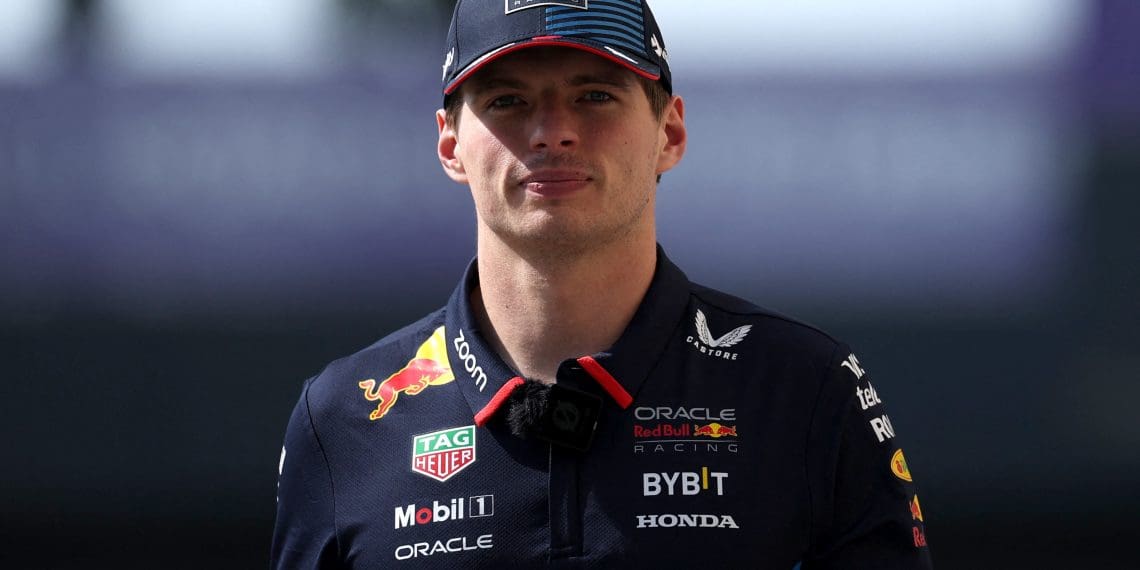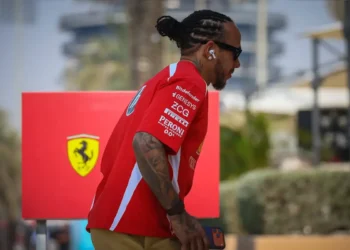Max Verstappen, the four-time Formula 1 World Champion, has voiced strong support for increasing opportunities for women to compete directly against men in motorsport, calling it a crucial step to break barriers in the male-dominated industry.
Despite progress with initiatives like the F1 Academy, Verstappen believes female drivers must race against male competitors at junior levels to prepare for the top-tier challenges of Formula 1. In his view, competing directly against male drivers would offer a more accurate gauge of talent and readiness.
“I believe personally that they have to race anyone, not just females,” Verstappen asserted. “If you want a fair comparison, they need to race against males, because that’s what they will do in F1 as well.”
Breaking Through the Barriers
Formula 1, a global symbol of high-performance motorsport, has yet to see a female driver on its grid in decades. While women have increasingly joined engineering and team operations, the number of female racers making their way through the ranks remains minimal. Verstappen emphasized that segregating female racers from their male counterparts in junior categories could inadvertently limit their growth and preparation for Formula 1.
“It’s nice that they get opportunities, but they’re not racing the top of the top. If you want to achieve the top, you need to raise the top,” Verstappen explained, advocating for integrated competition.
He further shared how competing against older and faster male drivers in his karting years forced him to improve and push harder—lessons he believes female racers must also experience to reach their full potential.
“I grew up in go-karting racing older kids, and they were faster. So I had to push myself, learn more, and learn faster to become better at a young age. I think that is what they have to do as well.”
F1’s Push for Inclusivity
Formula 1 launched the F1 Academy in 2023, a female-only racing series designed to provide women with a pathway into higher levels of motorsport. While the initiative is a significant step forward, Verstappen’s comments reflect a broader sentiment that full inclusion requires women to compete alongside men to truly break barriers.
His remarks echo the growing demand within the motorsport community for a more diverse and inclusive paddock—not just in terms of gender but also in providing opportunities for underprivileged and racially diverse talent. Verstappen highlighted the need for structural change in motorsport to address these issues holistically.
A More Inclusive Future for Motorsport?
Verstappen’s comments have added fuel to the ongoing discussions about gender equality in Formula 1. With his stature as one of the sport’s most successful drivers, his call for women to compete against men could inspire the F1 leadership to take bolder steps toward gender integration at all levels.
As Formula 1 continues its global rise in popularity, including women on the grid would not only improve representation but also reflect the sport’s evolving commitment to inclusivity. The Dutch champion’s perspective underscores the belief that, for motorsport to remain the pinnacle of racing, it must welcome talent from every background and ensure that all racers—regardless of gender—have an equal shot at greatness.










